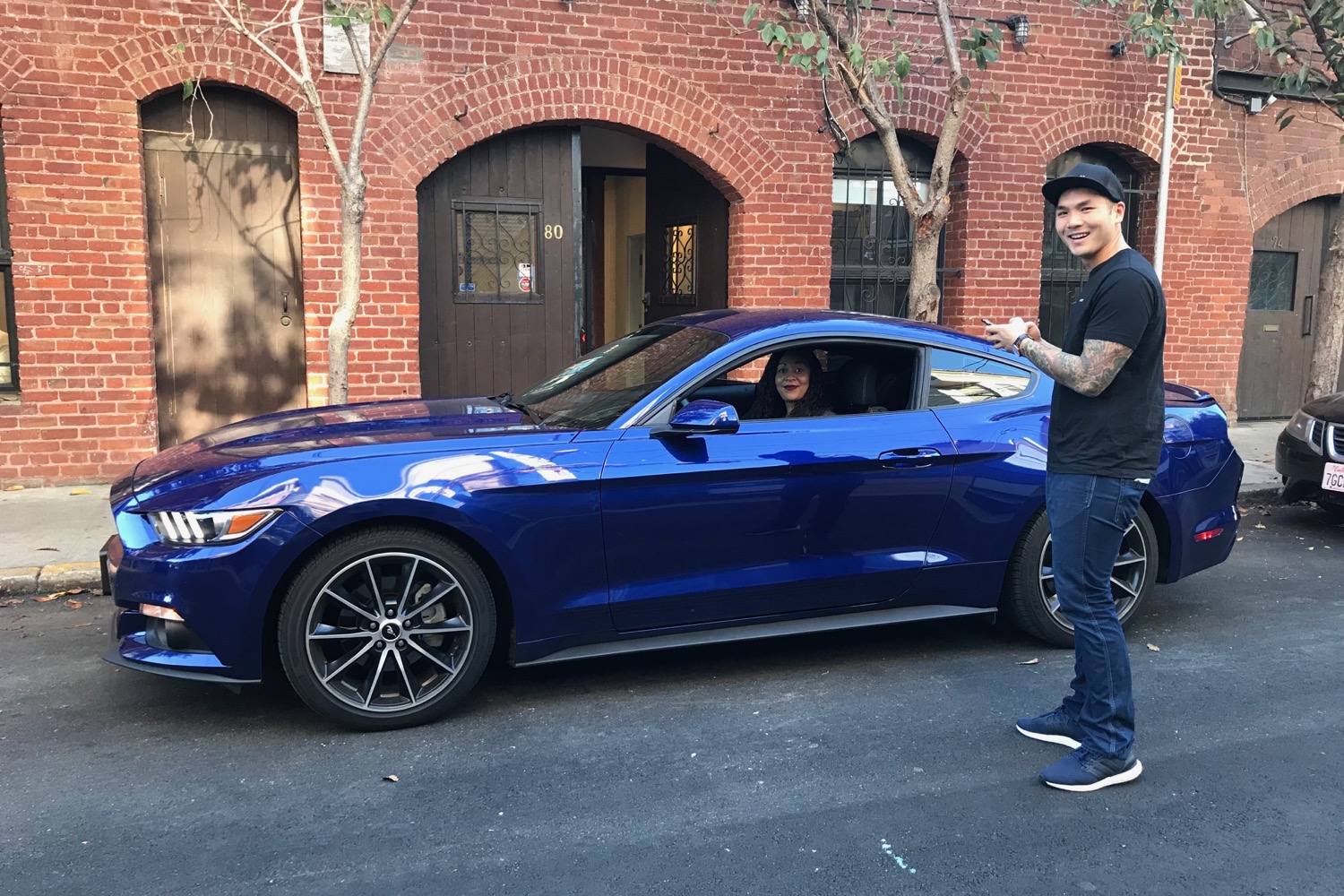
Ford’s brief experiment with car subscription services is over. The automaker is selling the assets of its Canvas subscription service to Fair, an app-based subscription service, for an undisclosed amount. Fair plans to fold Canvas into its own operations.
“Canvas built an impressive business and we learned a lot about subscription services, fleet management, and the technology that underlies both,” Sam Smith, vice president of strategy and future products at Ford Motor Credit Company, the automaker’s finance arm, said in a statement. “We are proud of the work that was done in support of Canvas, and we wish the entire team the best of luck.”
The idea behind Canvas was to offer an alternative to traditional car buying or leasing. Customers pay a flat monthly fee for what is essentially a long-term rental. The fee bundles mileage, insurance, and roadside assistance. Under Ford, Canvas has offered different packages varying by mileage and vehicle. Ford’s Lincoln luxury brand also operates a small-scale subscription service using the same Canvas software platform, but with used cars.
Canvas was bought by Ford Motor Credit Company in 2016, but didn’t launch its subscription service until 2017. It has since provided vehicles to about 3,800 subscribers in San Francisco, Los Angeles, and Dallas, according to new owner Fair. Current Canvas customers will have the opportunity to join Fair at the end of their current subscription periods, the company said. Fair said it will provide further details to subscribers directly.
Fair launched its own app-based subscription service in 2017. The company prides itself on flexibility. Like Canvas, it offers different options for vehicles and mileage at different rates. Fair, which claims to have more than 3.2 million app downloads, has now turned a potential competitor into an ally.
A subscription service is just one of many mobility service experiments Ford has conducted as it looks to diversify beyond car sales. Not all of these projects have been successful: Ford also shut down the Chariot shuttle service due to lack of business. But Ford still believes mobility services will be part of its future. The company operates a medical transportation service in Michigan, and plans to launch a self-driving car designed specifically for ridesharing and delivery services in 2021.
Ford may be done with subscription services, but other automakers are still plugging away. From Porsche to Volvo, subscription services have become a trend in the industry. However, most of these services are small pilots that are only available in certain cities.
Editors' Recommendations
- Ford will sell some Explorer SUVs with missing features
- 2022 Ford E-Transit electric van will make delivery services greener
- EA rebrands its subscription services as EA Play
- Ford delays the launch of its robocar services by a year
- Nissan launches $699-per-month subscription service in Houston


